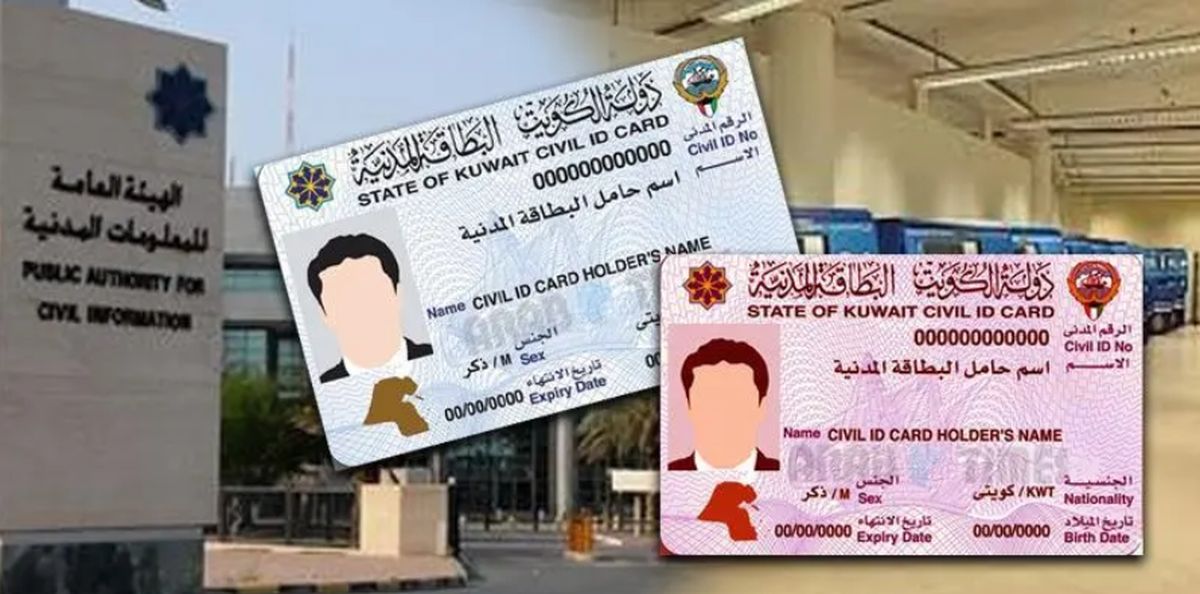18/05/2025
18/05/2025

KUWAIT CITY, May 18: Nearly a year after the devastating Mangaf fire that claimed at least 50 lives, Kuwait has moved decisively to tighten civil registration procedures and clamp down on false residential address reporting. The government’s response includes rigorous enforcement by the Public Authority for Civil Information (PACI), mandating that the address on an individual’s civil ID must now match their actual place of residence.
To update their address, expats are required to submit proof of residency— a measure that has resulted in the cancellation of over 12,500 fake or fictitious addresses, particularly in high-density areas such as Hawalli, Jleeb Al-Shuyoukh, and Mahboula. The Municipality has also stepped up monitoring of bachelor accommodations in residential zones, further contributing to the rise in address change requests. PACI has launched a new service through the “Sahl” app to facilitate address updates for both Kuwaitis and expatriates.
Real Estate Impact and Rental SurgeThe crackdown has had notable repercussions on the real estate sector. Individuals whose addresses are deleted are given a 30-day grace period to register a valid address or face fines of up to KD 100. This has led to a reshuffling of population distribution and contributed to rising rental prices across governorates. By the end of 2024, average apartment rental values in investment areas rose by 3.1% year-on-year. The increases include:
- Hawalli: KD 364 (+2.5%)
- Farwaniya: KD 341 (+3.4%)
- Ahmadi: KD 304 (+3.4%)
- Mubarak Al-Kabeer: KD 360 (+2.9%)
- Jahra: KD 335 (+3.9%)
Businessman Qais Al-Ghanim emphasized that the move is a regulatory correction, aimed at reinforcing laws long ignored. He noted that accurate civil ID address registration is vital for electoral integrity, legal processes, and national security. Al-Ghanim acknowledged that some citizens previously registered under false addresses for tribal or electoral gains, a practice now under strict scrutiny.
He further explained that the crackdown aligns with recent actions related to the withdrawal of Kuwaiti citizenship. Individuals stripped of their citizenship (particularly those occupying state-owned housing) must relinquish these properties, as Kuwaiti law prohibits real estate ownership by non-citizens.
Toward More Accurate DataReal estate expert Abdulaziz Al-Dughaishim welcomed the stricter enforcement, highlighting the resulting improvements in data accuracy and regulatory efficiency. “With clearer geographic distribution, the state can make better-informed decisions,” he said, adding that the shift also enhances legal traceability and reduces manipulation in cooperative society and parliamentary elections.
Al-Dughaishim also noted a shift in corporate housing practices. Employers who previously registered large numbers of workers at a single property are now distributing tenants across multiple buildings to stay within legal bounds.
A Black Market EmergesDespite the progress, some property owners have sought to exploit the system. Observers report a growing black market where landlords charge KD 100–150 to register workers (particularly Asians) under fake residential addresses to fulfill civil ID requirements. Authorities are now working to curb this underground practice, which undermines the ongoing reform efforts.
As Kuwait continues to tighten enforcement and streamline its civil registry, officials stress that accurate address data is not only a regulatory concern but a national imperative—rooted in lessons from a tragedy that the nation is determined never to repeat.


